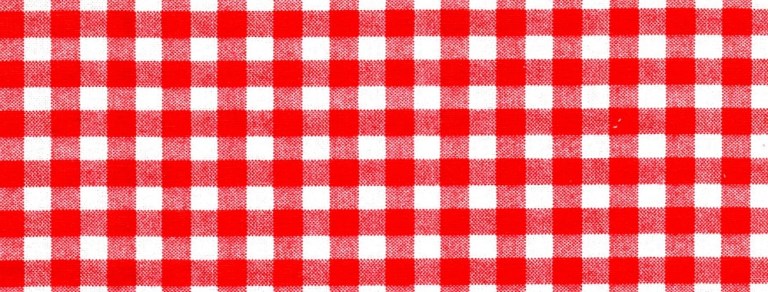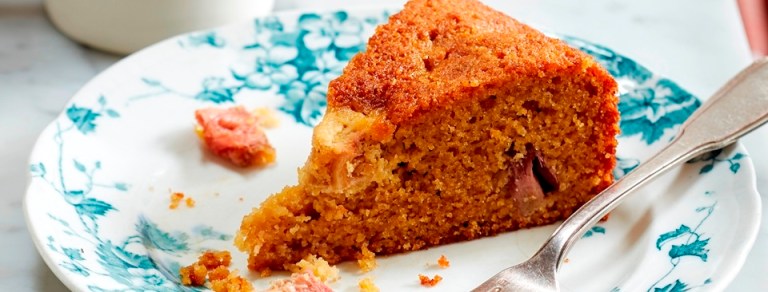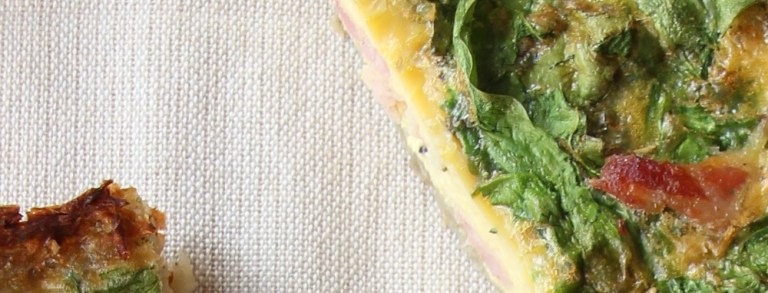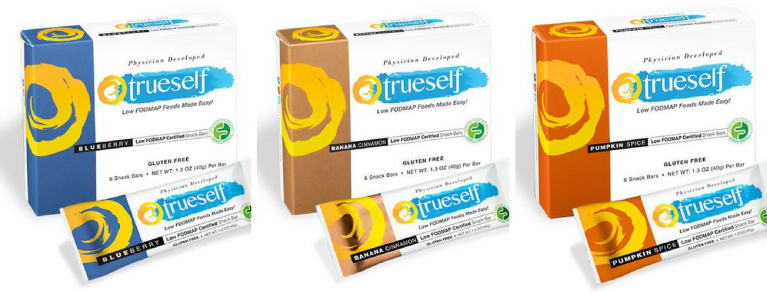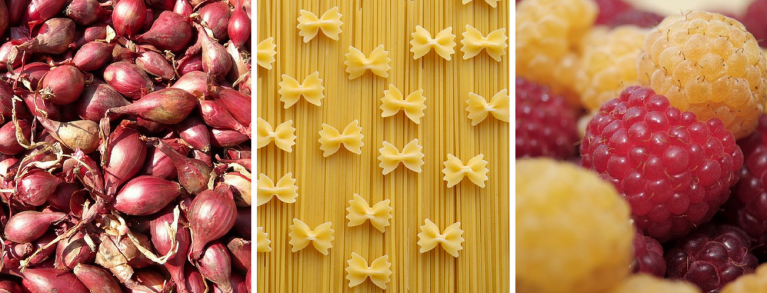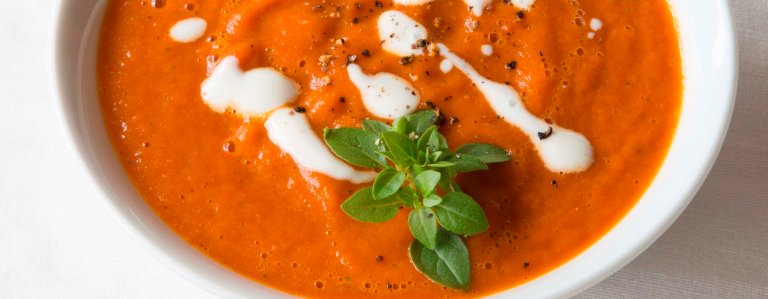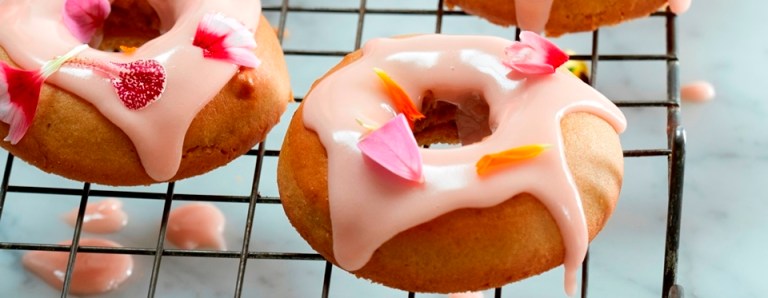Living With IBS and the Low FODMAP Diet
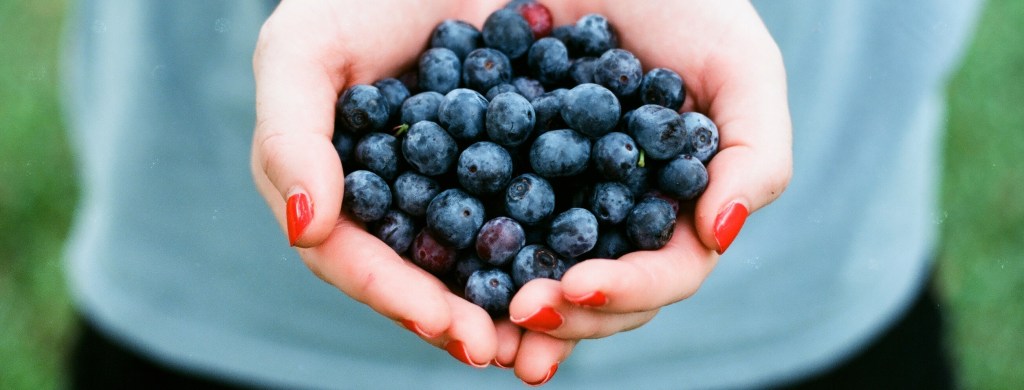
To celebrate IBS Awareness Month, Aimee Oliver reveals her lifetime struggle with food and how the low FODMAP diet has changed her life.
I first properly noticed something was wrong when I was living abroad in France. I’d go out to the boulangerie to buy myself a baguette and a pain aux raisins and wonder why I felt so awful after I’d consumed them. I’d get stabbing pains in my gut and have to rush from whichever event I was attending in order to go home and curl up on my fold-out bed. It was a really difficult period in my life, but it never felt dramatic enough that I’d need to go to a doctor about it.
When I returned to England for good, my mum suggested I go on an exclusion diet to try and isolate what the issue was. As I’d overdosed on bready goodness for 8 months, gluten was the first thing to go. It made a substantial impact over the first few months, but then I started to see the symptoms return.
I contacted my local GP and self-referred to see a Dietician, who suggested the low FODMAP diet. I confess I’d never heard of it before, and the pamphlet I was given was scary to look at at first. Lots of NOs, some MAYBEs and some YESs, colour-coded per the traffic light system. A full-on exclusion diet, cutting out wheat, lactose, and seemingly random items like apples, onions and mushrooms, made a dramatic difference. I was no longer suffering with chronic pains after eating. I felt like a new person.
Speaking to my mum again about my exclusion diet, she revealed I’d been raised on soya milk because I couldn’t get along with cow’s milk. I’ve also grown up not eating onions because of not being able to tolerate them; lots of signs pointed towards IBS before I made the connection myself.
One concern many would-be low-FODMAPpers have is that the diet is rather restrictive. I’ll say that it can be, but only if you don’t have the resources. At Yellow Kite, I’ve been lucky enough to work on a book I’m naturally very passionate about – The FODMAP Friendly Kitchen by the brilliant Emma Hatcher. This book is such a boon to the FODMAP community; when I was first diagnosed, there wasn’t anything at all similar on the market. There are some amazing blogs out there, and some rather dry and uninspiring cookbooks, but this completely fills the gap. The recipes are easy and delicious, and I’m grateful for my very happy gut!

